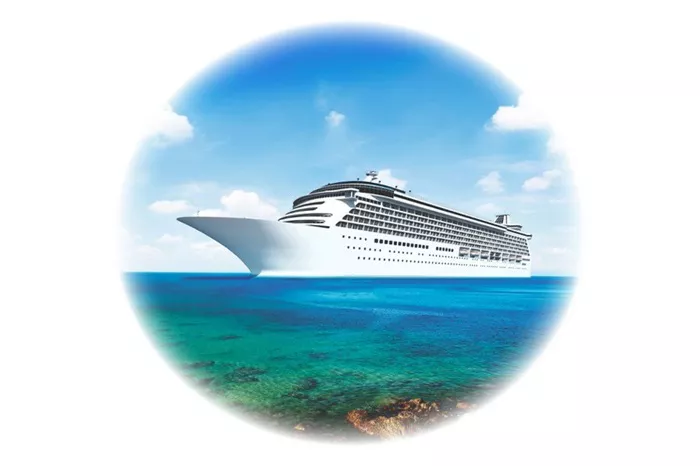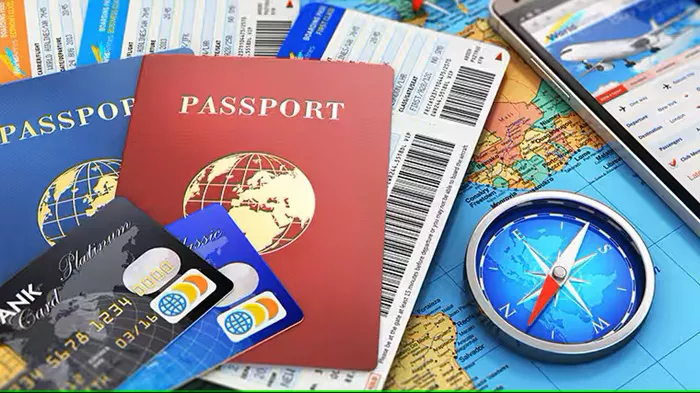Holiday insurance has become an essential component of travel planning, especially in light of the COVID-19 pandemic. With the ever-evolving nature of the virus and its impact on travel, understanding what holiday insurance covers in relation to COVID-19 is crucial for travelers seeking to protect themselves and their investments. This article provides an in-depth exploration of holiday insurance coverage for COVID-19, including what is typically covered, common exclusions, and tips for choosing the right policy.
Understanding Holiday Insurance
Holiday insurance, also known as travel insurance, is designed to provide financial protection against various risks associated with traveling. These risks include trip cancellations, medical emergencies, lost luggage, and other unforeseen events. In the context of the COVID-19 pandemic, the coverage of holiday insurance has expanded and adapted to address new challenges and uncertainties.
Types of Coverage Offered
1. Trip Cancellation
Trip cancellation coverage reimburses travelers for non-refundable expenses if they need to cancel their trip due to covered reasons. For COVID-19, this coverage can include:
Cancellation due to a positive COVID-19 test result.
Cancellation due to a travel advisory or restriction imposed by authorities.
Cancellation if a close family member or traveling companion tests positive for COVID-19.
It is important to review the policy details to understand the specific conditions under which trip cancellation coverage applies, as coverage can vary between insurers.
2. Trip Interruption
Trip interruption coverage provides compensation for additional expenses incurred if a trip is cut short due to unforeseen events. For COVID-19, this can include:
Costs associated with extending your stay due to quarantine requirements.
Additional accommodation and travel expenses if you need to return home early due to a positive COVID-19 test.
3. Medical Expenses
Medical expenses coverage helps cover the cost of medical treatment if you contract COVID-19 while traveling. This can include:
Hospitalization and treatment costs for COVID-19.
Emergency medical evacuation if you need to be transported to a medical facility.
Costs for medical care required due to complications from COVID-19.
Policies may also cover expenses related to COVID-19 testing and treatment, depending on the plan.
4. Quarantine Costs
Some holiday insurance policies provide coverage for expenses related to mandatory quarantine if you test positive for COVID-19. This can include:
Additional accommodation costs during the quarantine period.
Food and other necessary expenses incurred while in quarantine.
5. Emergency Assistance
Emergency assistance coverage offers support in various emergency situations, including:
24/7 emergency helplines for medical and travel-related issues.
Assistance with arranging emergency medical evacuation or repatriation.
Support for finding local medical facilities and navigating health care systems abroad.
See Also: What Does Viking Cruise Insurance Cover?
Common Exclusions
While holiday insurance can offer extensive coverage, there are common exclusions that travelers should be aware of:
1. Pre-Existing Conditions
Many policies exclude coverage for pre-existing medical conditions, including those related to COVID-19. This means that if you have a pre-existing condition that increases your risk of severe illness from COVID-19, you may not be covered for related expenses.
2. COVID-19 Vaccination and Testing Requirements
Policies may not cover costs related to mandatory COVID-19 vaccinations or testing requirements for travel. Ensure you understand what is required by your destination and any associated costs.
3. High-Risk Activities
Some policies exclude coverage for high-risk activities or travel to regions with high COVID-19 infection rates. Check the policy to ensure it covers your planned activities and destinations.
4. Travel Advisories and Restrictions
Coverage for trip cancellations or interruptions due to travel advisories or restrictions can vary. Some policies may not cover cancellations if the advisory or restriction was in place at the time of purchase.
Tips for Choosing the Right Policy
1. Compare Policies
Not all holiday insurance policies are created equal, especially when it comes to COVID-19 coverage. Compare different policies to find one that meets your specific needs and offers comprehensive coverage for COVID-19-related issues.
2. Check Policy Details
Read the policy details carefully to understand the extent of COVID-19 coverage, including any exclusions or limitations. Look for policies that offer trip cancellation, medical expenses, and quarantine coverage related to COVID-19.
3. Consider Cancel for Any Reason (CFAR) Coverage
Some insurers offer “Cancel for Any Reason” (CFAR) coverage, which allows you to cancel your trip for reasons not typically covered by standard policies. This can provide additional flexibility and protection in uncertain times.
4. Verify Destination Requirements
Ensure that the policy covers the requirements and restrictions of your destination. Some countries may have specific entry requirements related to COVID-19 that could affect your coverage.
5. Review Claims Process
Understand the claims process and requirements before purchasing a policy. This includes knowing how to file a claim, what documentation is needed, and the timeline for receiving reimbursement.
Conclusion
Holiday insurance can provide valuable protection for travelers in the context of COVID-19, but it is essential to understand the scope of coverage and any limitations. By carefully reviewing policy details, comparing options, and considering your specific needs, you can select a policy that offers comprehensive coverage and peace of mind during your travels.
Whether you are planning a domestic getaway or an international trip, having the right holiday insurance can make a significant difference in managing the risks associated with COVID-19. Stay informed, choose wisely, and travel with confidence knowing you are protected against the unexpected.






















